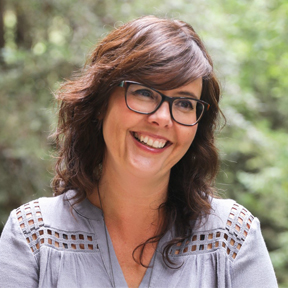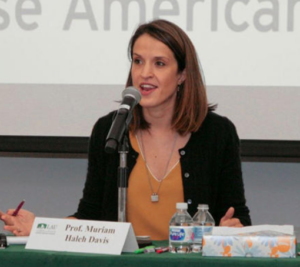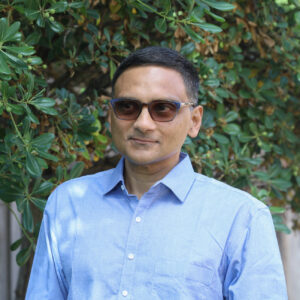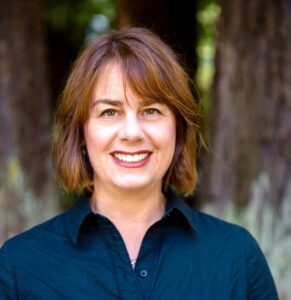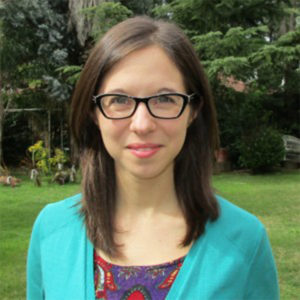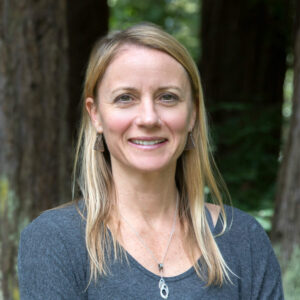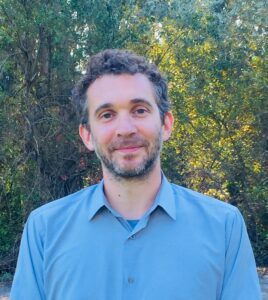Health & Welfare Policies
Countries around the world create policies to promote healthy, well-educated, and well-nourished populations, but not all policies are created equal and UCSC researchers are interested in what makes them different and what their divergent outcomes are in terms of health and well-being.
We know that social protection varies widely across countries. Some countries provide free and high-quality healthcare and education, as well as a minimum income to all citizens. Others provide meager benefits to few citizens, and enforce harsh exclusions from healthcare and welfare services on migrants. In some countries the state is the main provider of social protection, while in others it is private-sector providers or the family that have more prominent roles.
We are interested in how these variations shift over time, particularly in the context of globalization and all the associated forms of pro-market policy-making that are widely understood and critiqued in terms of ‘neoliberalism’. Comparisons of social, welfare and healthcare policies in the U.S. and Western Europe with those in Latin America, Eastern Europe, and East Asia also therefore interest our faculty as indicators of broader shifts both towards and away from neoliberal norms.
Faculty

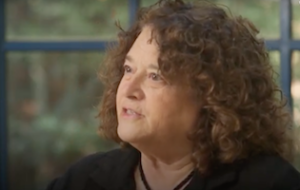

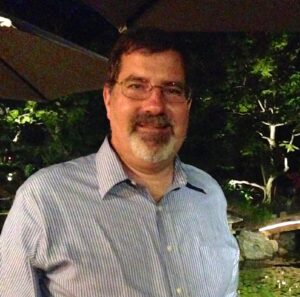
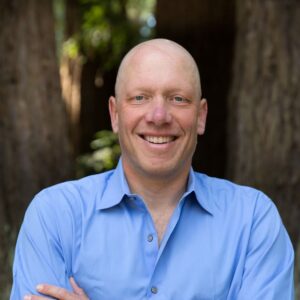

Chris Benner
Professor/Director, Inst. for Social Transformation & Everett Program
Env. Studies & Sociology
Go to Campus Directory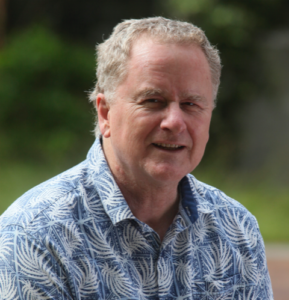

Grant Hartzog
Professor, Associate Dean
Molecular, Cell, & Developmental Biology
Go to Campus Directory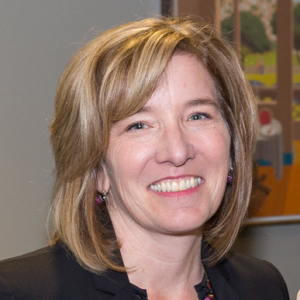
Heather Bullock
Professor and Director of the Blum Center
Psychology Department
Go to Campus Directory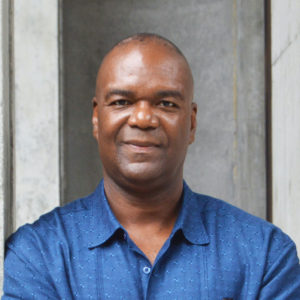
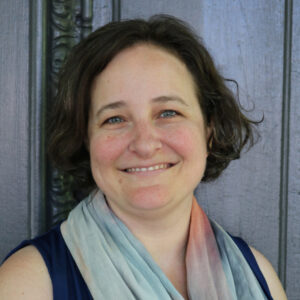

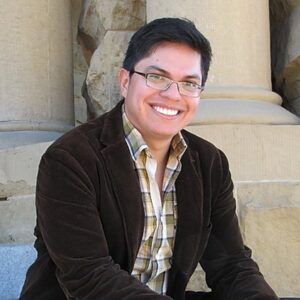



Matt Sparke
Professor
Politics, Executive Director of Global and Community Health
Go to Campus Directory